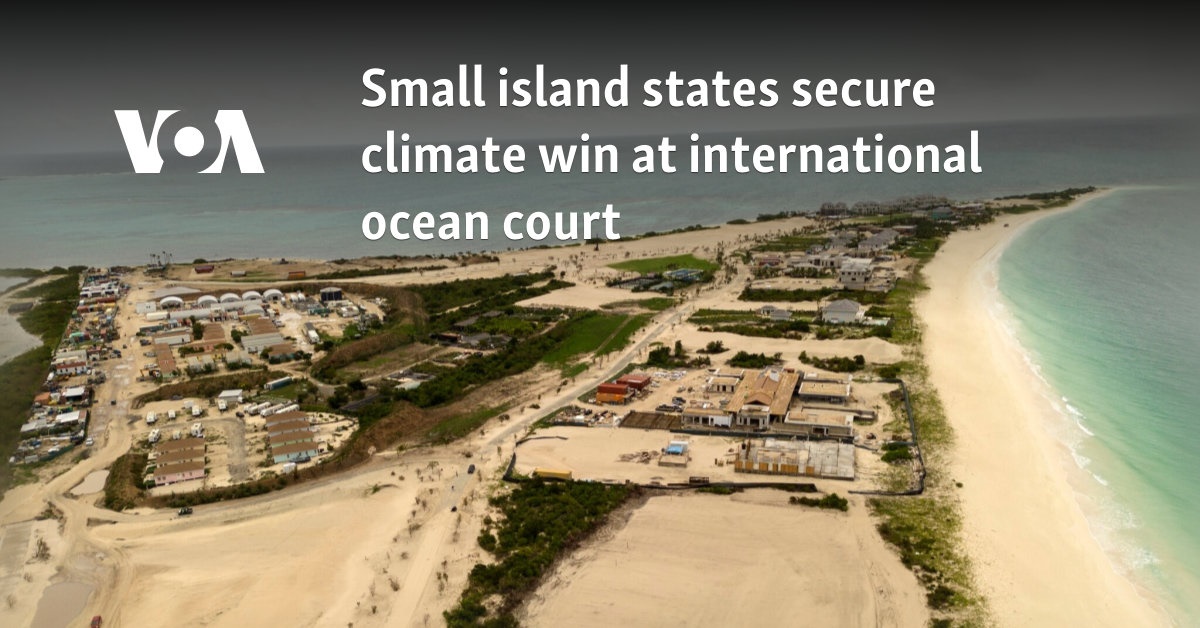In a judgment authored by CJI DY Chandrachud, in consultation with justices BR Gavai and Surya Kant, the bench ruled that “direct elections to the legislative assemblies, which is one of the paramount features of representative democracy in India, cannot be put on hold until statehood is restored”.
The bench recorded that it was “alive to the security concerns in the territory” but held that direct relations cannot be put on hold for long.
The bench then directed EC to “conduct elections to the legislative assembly of Jammu and Kashmir constituted under Section 14 of the Reorganisation Act by 30 September 2024”. As regards restoration of J&K’s statehood, the bench ordered that “restoration of statehood shall take place at the earliest and as soon as possible”.
The bench recorded the statement of solicitor general Tushar Mehta who, in a query raised by the court on restoration of statehood, had submitted that “statehood will be restored and that its status as a Union Territory is temporary”.
Mehta had submitted that “the status of the Union Territory of Ladakh will not be affected by the restoration of statehood to Jammu and Kashmir”. He had said that “endeavours are being made to do so at the earliest and that grassroot democracy has already been restored by the elections held at the panchayat levels”.Recording Mehta’s submission, SC held that “in view of the submission made by the solicitor general that statehood would be restored, we do not find it necessary to determine whether the reorganisation of the state of Jammu and Kashmir into two Union Territories of Ladakh and Jammu and Kashmir is permissible under Article 3”. However, the bench upheld the “status of Ladakh as a Union Territory because Article 3(a) read with explanation permits forming a Union Territory by separation of a territory from any state”. The findings in the judgment authored by the CJI found resonance in the separate yet concurring judgment authored by justice Sanjay Kishan Kaul.Justice Kaul held that “as under the Constitutional setup, states have no independent or standalone sovereignty”. His verdict adds: “The challenge to Section 4 of the Jammu and Kashmir Reorganisation Act on the touchstone of Article 3 is not required to be debated on account of the assurance on behalf of the Government of India that the statehood of J&K would be restored on elections being held.”






